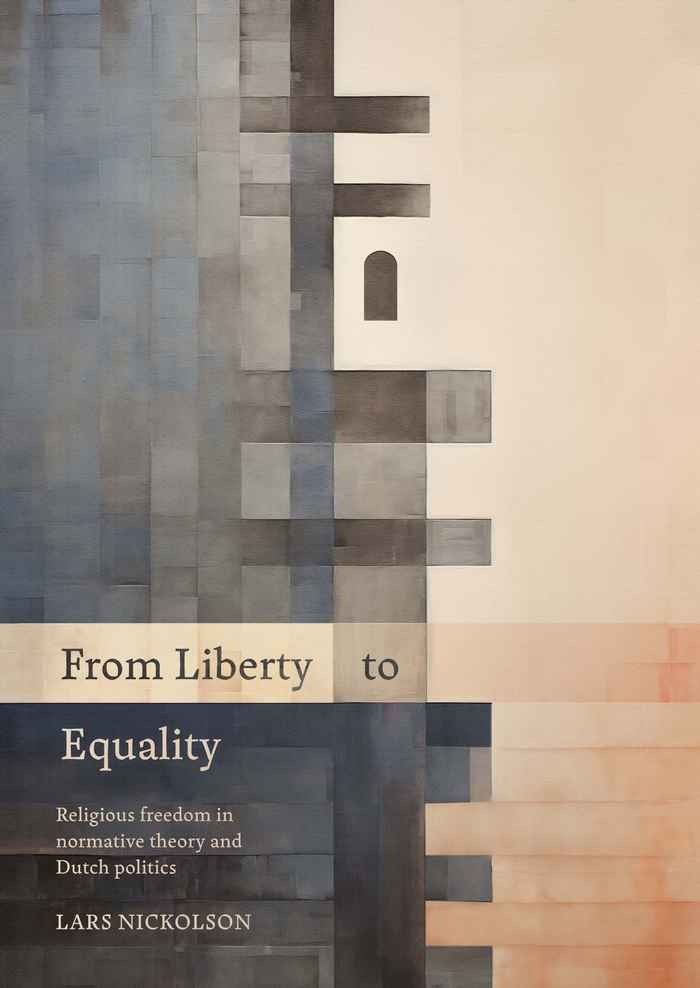PhD defence in the spotlight: Lars Nickolson
From Liberty to Equality. Religious freedom in normative theory and Dutch politics'.
4 March 2024
What are the limits of religious freedom? What should be done when that freedom clashes with the rights and interests of others? For instance, are religious schools allowed to discriminate based on sexual orientation when hiring teachers? How has thinking about these questions evolved in the Netherlands, and within Christian political parties?
In this PhD thesis, Lars Nickolson analyses the debate surrounding freedom of religion, both within the political and jurisprudential arena as well as within the corridors of Dutch parliament. He sheds light on a fundamental tension between two perspectives: freedom and equality.
Divergent Views on Religion and Autonomy
This clash arises from divergent views on religion as a phenomenon, the autonomy of religious communities, the nature of religious freedom as a right, and the balancing of interests protected or harmed by this freedom. Nickolson's findings indicate that the equality perspective is gaining ground, both in philosophical discussions and in Dutch politics.
Influence of Equality on Church-State Relations
Historically, equality, in various forms, has increasingly influenced the relationship between church and state in the Netherlands. Parliamentary debates on the General Equal Treatment Act (Awgb) in 1985, 1993, and 2014 illustrate how parties are compelled to reason within a framework of equality.
Shift in Position among Political Parties
Even parties that were once staunch opponents of the Awgb, such as the Reformatory Political Federation (RPF) and the Reformed Political Alliance (GPV) - later merged into the Christian Union - and the Political Reformed Party (SGP), are being swept along in this tide of equality thinking. This makes their position more vulnerable and has led them to be less critical of the prohibition of discrimination, with the interests of, for example, homosexual teachers increasingly prioritised over those of orthodox Christian schools.
Examining Religious Exemptions
The thesis also highlights the issue of religious exemptions, with Nickolson developing a classification of various forms and degrees of potential harm. This can assist courts in determining proportionate harm in conflicts.
Framing Arguments within Equality
Also interesting is the observation that even far-right parties such as the Centre Democrats (CD) and the Party for Freedom (PVV) are increasingly framing their arguments within the framework of equality, albeit with a different interpretation and selective application. This turns the parliamentary debate into a struggle over the interpretation of equality, with even secular factions being flexible in their approach to this concept.
Nickolson's thesis sheds important light on the changing dynamics between freedom of religion and equality in Dutch politics and society, providing food for thought on the limits of religious freedom in an increasingly diverse society.
PhD defence
From Liberty to Equality: Religious freedom in normative theory and Dutch politics’ by Lars Nickolson.
Supervisors: Prof. R.H.M. Pierik and Dr M.J.M. Maussen.
8 March 2024 | 10:00 -11:30 | Agnietenkapel
